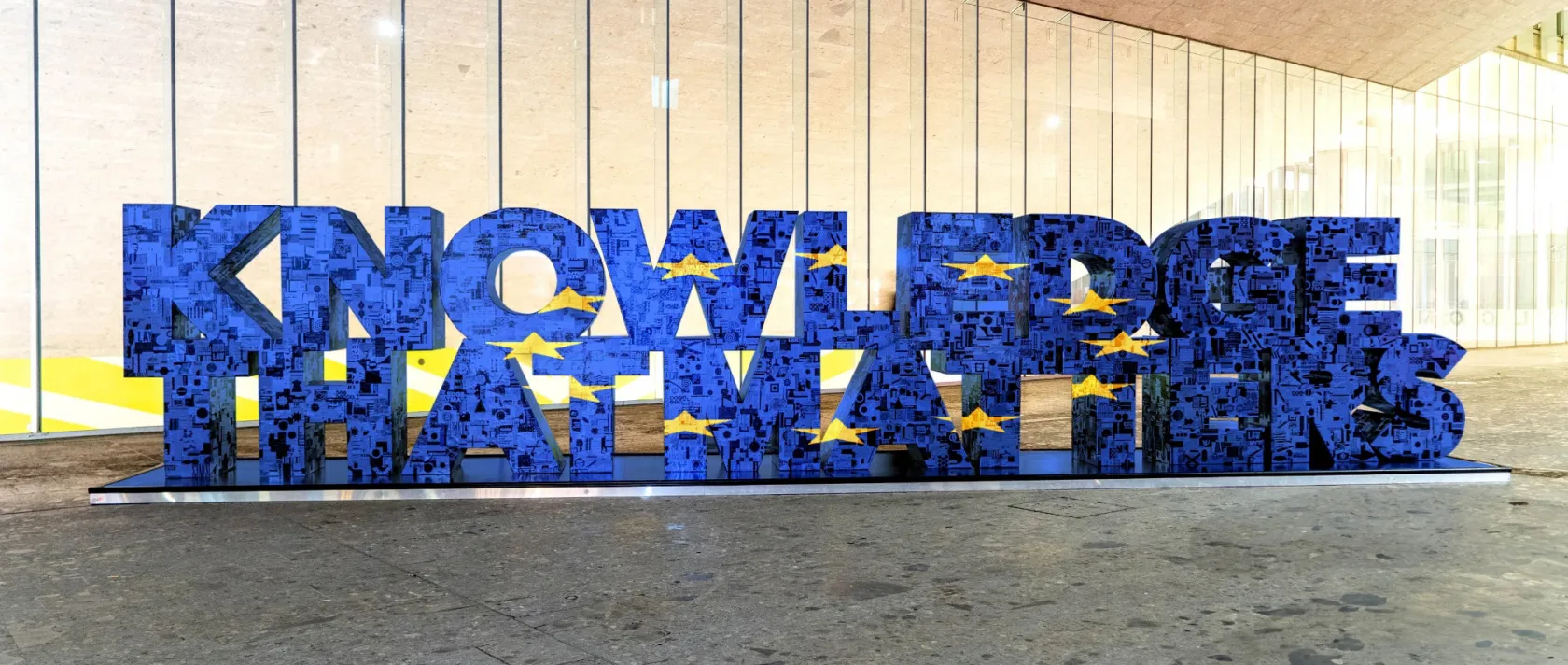
What world will it be for the European Union
The European Union project was conceived and developed in a world very different from today's - in a world of increasingly open and integrated markets and projected toward more democratic and inclusive societies.
Today that world no longer exists. New security threats and wars in the Middle East and Ukraine make security investments more urgent, while the quest for strategic autonomy at the national and European levels increases the demand for industrial policies driven by strategic rather than economic reasons.
The Institute for European Policymaking @ Bocconi University annual event, on October 14 in the Aula Magna from 9am, is thus dedicated to answering this question: Is the European Union adequate for a fragmented world?
It is a question that obviously cannot have a one-size-fits-all answer, but one that cuts across the main policy challenges at the European level.
The fragmented environment in which the EU must move implies sharp choices about how and how much to protect the single market, or whether to accept new limits and distortions in the name of security. These are issues addressed by Enrico Letta in his report on the future of the single market, which is why Letta will be one of the speakers at the IEP@BU event.
The fragmented world is forcing the European Union to question other existential questions as well: what will be the fate of the Green Deal, the great effort to get to net zero emissions by 2050?
In Ursula von der Leyen's new Commission, the climate commitment has already changed its name, preferring to talk about “Clean Transition” or “Clean Growth,” and this is indicative. At the IEP@BU event, perspectives from politics, finance, and academia will confront each other on this, moderated by IEP@BU Vice President Sylvie Goulard, who has just edited the first extensive monitoring of European regulatory output on the Green Deal, an IEP@BU Policy Brief.
And then there is the issue of enlargement, a process accelerated also in response to Russia's aggression against Ukraine. But is the European Union as it is organized today capable of absorbing more countries in a few years? And how does it manage the security risk involved in incorporating new member states that are under constant threat from Russia, such as Moldova, or even in the midst of conflict such as Ukraine?
Many believe that in order to enlarge, the EU must first change its internal mechanisms. This is an issue that Mario Monti, Honorary President of IEP@BU, has been wondering about for some time, and he will be discussing with Herman van Rompuy, former President of the European Council during other difficult times - those of the sovereign debt crisis and the single currency.
The IEP@BU was created to go beyond the diagnosis of problems and to propose concrete, implementable solutions, a “policy accelerator” of academic research. That's why after the panels with key players in the European policy discussion, Carlo Altomonte and a team of IEP@BU researchers will listen to and discuss policy proposals on major European challenges put forward by Bocconi students.
For the first time, a think tank, instead of consulting today's experts, is building a dialogue with tomorrow's experts to foster the development of a policy-oriented approach starting from university years.